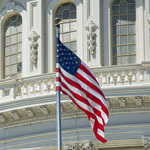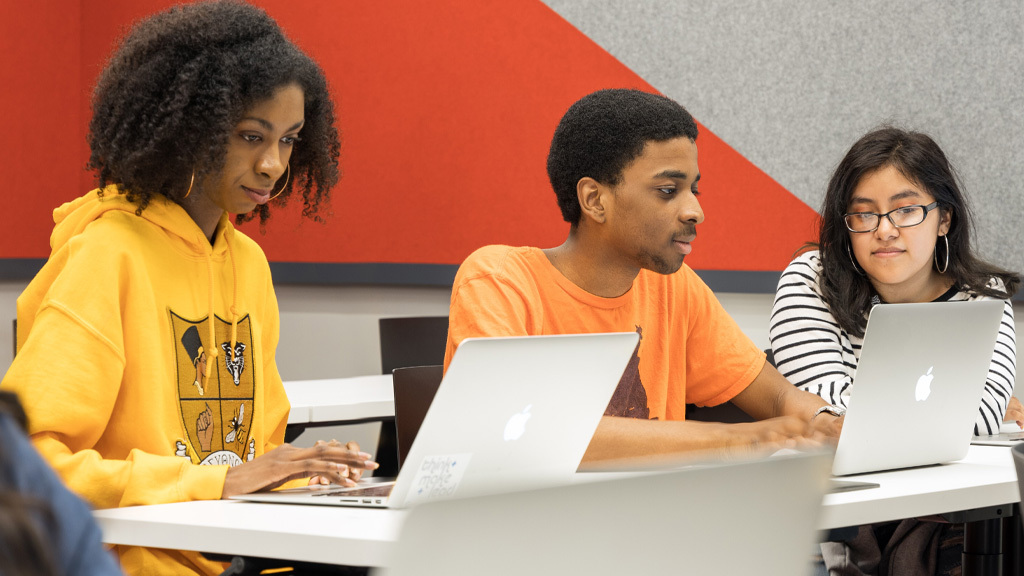Archive: What's in the American Rescue Plan for K-12 and Science Education?, April 6, 2021
 In March President Biden signed the American Rescue Plan into law. The $1.9 trillion COVID-19 relief package--which includes $125.8 Billion for K-12 education--is intended to provide continued economic relief to all Americans.
In March President Biden signed the American Rescue Plan into law. The $1.9 trillion COVID-19 relief package--which includes $125.8 Billion for K-12 education--is intended to provide continued economic relief to all Americans.
 In March President Biden signed the American Rescue Plan into law. The $1.9 trillion COVID-19 relief package--which includes $125.8 Billion for K-12 education--is intended to provide continued economic relief to all Americans.
In March President Biden signed the American Rescue Plan into law. The $1.9 trillion COVID-19 relief package--which includes $125.8 Billion for K-12 education--is intended to provide continued economic relief to all Americans.
 In March President Biden signed the American Rescue Plan into law. The $1.9 trillion COVID-19 relief package--which includes $125.8 Billion for K-12 education--is intended to provide continued economic relief to all Americans.
In March President Biden signed the American Rescue Plan into law. The $1.9 trillion COVID-19 relief package--which includes $125.8 Billion for K-12 education--is intended to provide continued economic relief to all Americans.
 In March President Biden signed the American Rescue Plan into law. The $1.9 trillion COVID-19 relief package--which includes $125.8 Billion for K-12 education--is intended to provide continued economic relief to all Americans.
In March President Biden signed the American Rescue Plan into law. The $1.9 trillion COVID-19 relief package--which includes $125.8 Billion for K-12 education--is intended to provide continued economic relief to all Americans.







